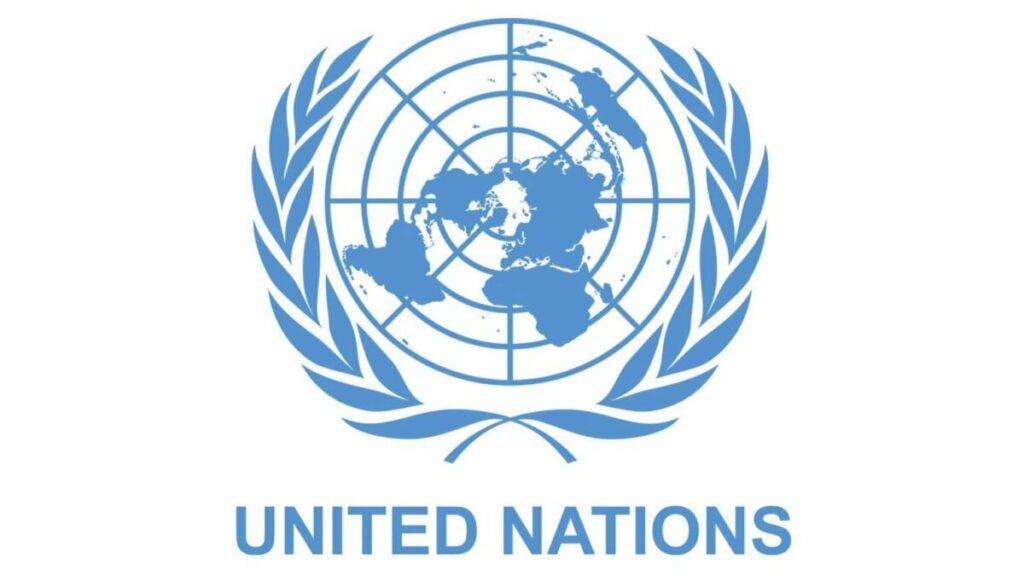The United Nations (UN) has warned that acute food insecurity is worsening in Nigeria and 15 other global hunger hotspots, putting millions at risk of famine between November 2025 and May 2026.
The joint report: ‘Hunger Hotspots: FAO/WFP Early Warnings on Acute Food Insecurity’ was released by the Food and Agriculture Organisation and the World Food Programme.
While the UN described Afghanistan, Democratic Republic of the Congo (DRC), Myanmar, Nigeria, Somalia, and Syria, as “very high concern” zones, Haiti, Mali, Palestine, South Sudan, Sudan, and Yemen, it said, are facing an imminent risk of catastrophic hunger, classified under the highest phase (IPC/CH Phase 5).
According to the report, conflict, economic shocks and extreme weather events remain the major drivers of hunger, while shrinking humanitarian funding threatens to push several countries toward catastrophic levels of food insecurity. Four others, Burkina Faso, Chad, Kenya, and the Rohingya refugee situation in Bangladesh, were also flagged as high-risk areas requiring urgent attention.
The report highlighted that only $10.5 billion of the $29 billion required for emergency food assistance had been received as at October 2025, forcing deep ration cuts and suspension of key nutrition and school feeding programmes.
The FAO warned that without immediate funding, crucial agricultural support, including seeds, livestock care and early farming interventions will not reach communities before the next planting season. FAO Director-General, QU Dongyu, therefore, called for global action to shift from crisis response to prevention.
WFP Executive Director Cindy McCain warned that millions face starvation if the world fails to act. Both agencies called for renewed global attention, sustained investments in resilient and unrestricted humanitarian access to conflict-affected areas.
They stressed that famine is predictable and preventable, but only with strong political will, adequate funding and collective action. The bi-annual Hunger Hotspots report is developed under the Global Network Against Food Crises, with financial support from the European Union, to serve as guide, early warning and coordinated response to food emergencies.















